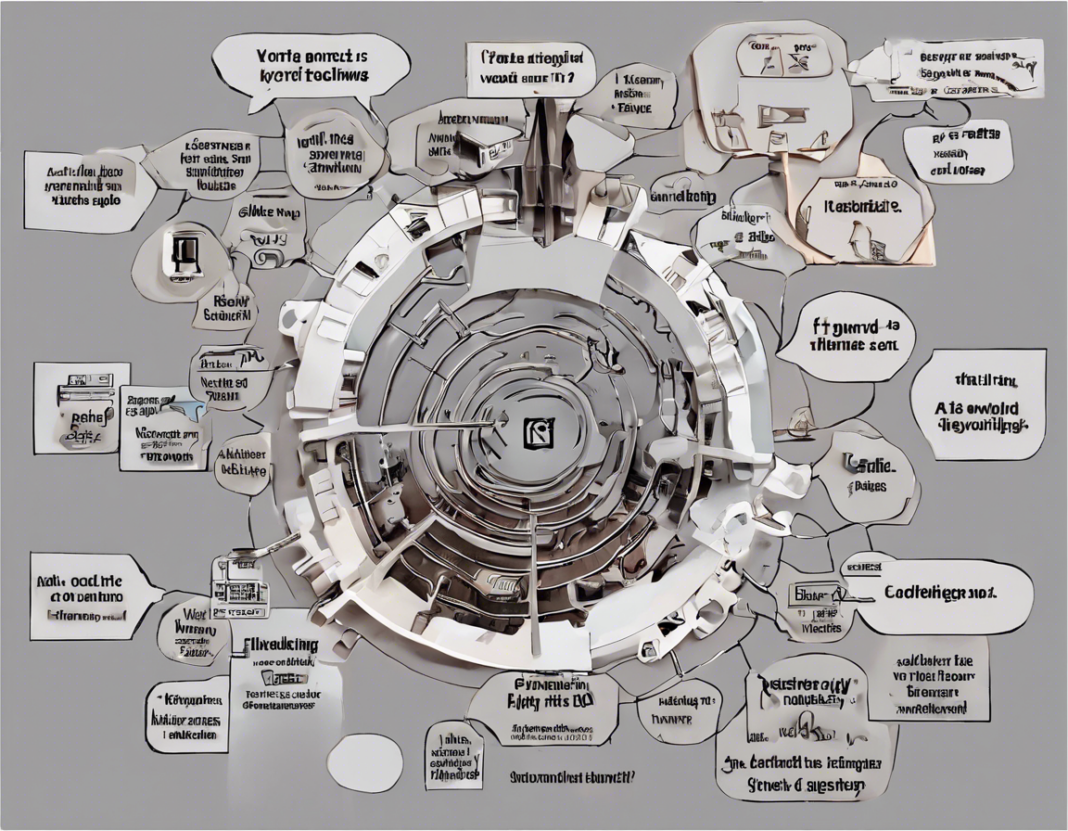Search Engine Optimization (SEO) is a fundamental aspect of digital marketing. It involves optimizing your website to rank higher in search engine results pages (SERPs) and drive organic traffic to your site. One crucial component of SEO is keyword optimization, which involves researching, selecting, and strategically using keywords in your content to attract your target audience. In this article, we will delve into the importance of identifying keywords for better SEO results and explore strategies to maximize their effectiveness.
Why Are Keywords Important for SEO?
Keywords are the words or phrases that users type into search engines when looking for information, products, or services. By incorporating relevant keywords into your website content, you increase the chances of your pages appearing in search results when users search for those terms. Targeting the right keywords is critical as it helps you reach your intended audience and drive qualified traffic to your site.
How to Identify the Right Keywords for Your Website
1. Conduct Keyword Research
Keyword research is the foundation of any SEO strategy. There are several tools available, such as Google Keyword Planner, SEMrush, Ahrefs, and Moz Keyword Explorer, that can help you discover relevant keywords for your business. When conducting keyword research, consider the following factors:
- Search Volume: Identify keywords with a decent search volume to ensure that there is enough demand for those terms.
- Relevance: Choose keywords that are closely related to your content, products, or services.
- Competition: Evaluate the level of competition for each keyword to determine how difficult it will be to rank for them.
2. Understand User Intent
User intent refers to the reason behind a user’s search query. It can be classified into four main categories: informational, navigational, commercial, and transactional. By understanding user intent, you can tailor your content to align with what users are searching for and create a better user experience.
3. Long-Tail Keywords
In addition to generic keywords, consider targeting long-tail keywords – longer, more specific phrases that typically have lower search volume but higher conversion rates. Long-tail keywords can help you attract highly targeted traffic and improve your chances of ranking for specific topics.
4. Analyze Competitors
Analyzing your competitors’ keyword strategies can provide valuable insights into which keywords are driving traffic to their websites. Tools like SEMrush and Ahrefs allow you to conduct competitor analysis and identify keywords that you may have overlooked.
Best Practices for Keyword Optimization
1. Incorporate Keywords Naturally
Avoid keyword stuffing, which involves excessively using keywords in your content with the sole purpose of manipulating search rankings. Instead, focus on seamlessly integrating keywords into your content in a way that reads naturally and provides value to the reader.
2. Optimize Meta Tags and Headers
Ensure that your target keywords are present in crucial on-page elements such as meta titles, meta descriptions, and header tags (H1, H2, H3). These elements provide search engines with context about your content and can impact your search visibility.
3. Create High-Quality Content
While keywords are essential for SEO, the quality of your content ultimately determines its success. Develop high-quality, engaging content that addresses the needs of your audience and incorporates relevant keywords strategically.
4. Monitor and Adjust
SEO is an ongoing process, and keyword trends can shift over time. Regularly monitor your keyword performance using tools like Google Analytics and Google Search Console and make adjustments to your strategy as needed to stay competitive in the search results.
Frequently Asked Questions (FAQs)
- How many keywords should I target on a single page?
-
It is recommended to focus on 1-2 primary keywords and a few related secondary keywords on a single page to avoid keyword cannibalization.
-
Should I target broad or specific keywords?
-
It is advisable to target a mix of broad and specific keywords to capture a wide audience while also addressing niche queries.
-
Can I use the same keywords across multiple pages?
-
While you can target the same keywords on different pages, ensure that the content on each page is unique and provides value to users.
-
How frequently should I update my keyword strategy?
-
It is recommended to review and update your keyword strategy regularly, especially in response to shifts in search trends or changes in your industry.
-
Are long-tail keywords more effective than short-tail keywords?
- Long-tail keywords are often more effective in driving targeted traffic and conversions due to their specificity, but a combination of both short and long-tail keywords can yield optimal results.
In conclusion, identifying the right keywords is crucial for enhancing your website’s visibility and attracting relevant traffic. By conducting thorough keyword research, understanding user intent, and following best practices for keyword optimization, you can improve your SEO performance and connect with your target audience effectively. Stay proactive in monitoring your keyword strategy and adapting to changes in the digital landscape to maintain a competitive edge in search engine rankings.






